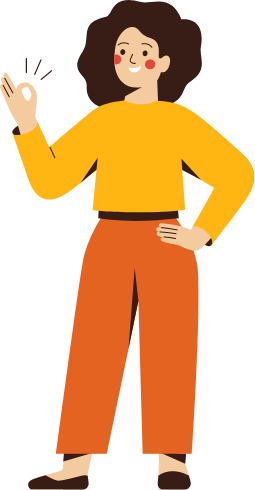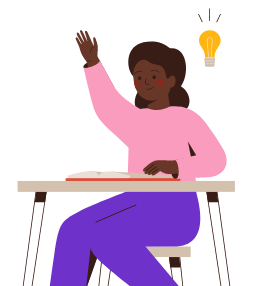
They are engaged
on many issues
on many issues
Girls and young women are leading many efforts
to make the world a fairer, safer place.
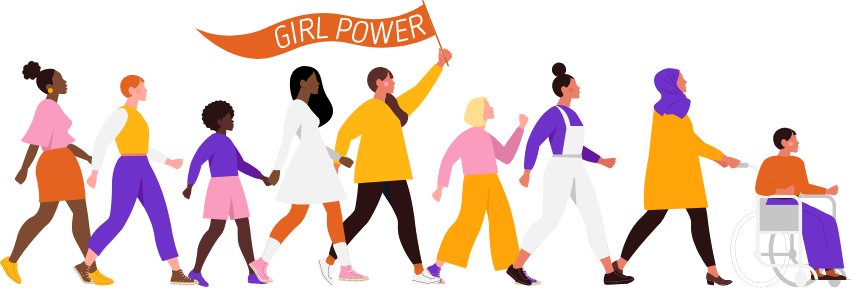
Activism takes many shapes. Activists work to change society. For the better – socially, culturally, politically, economically or environmentally. But at its core, activism involves taking part in political and public life, whether formally or informally.
When girl and young women activists work to advance human rights, they become human rights defenders.
How girls and young women engage in activism varies richly. But there are some common elements:

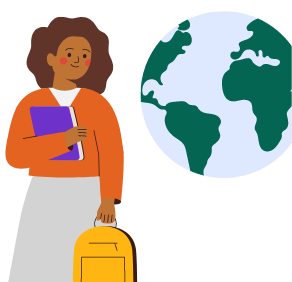
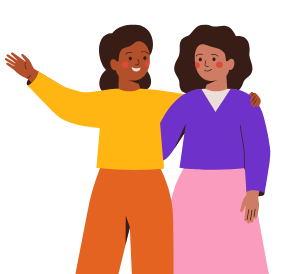

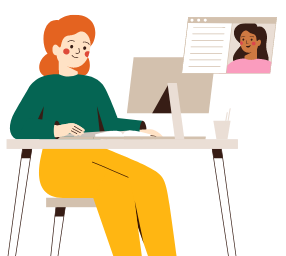












As well as general prejudice, girls and young women face specific barriers to taking part in making decisions.
These include:




















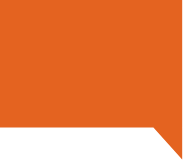























Older activists can be incredibly effective in helping younger ones strengthen their voices.
International and local NGOs can play a key role in providing platforms for networking, coaching and support for girl and young women activists. These platforms can also help protect the activists from intimidation and harassment.
In the Asia-Pacific region, a women’s forum and a young women’s forum built an intergenerational women’s leadership programme, sharing knowledge and experience.
Parents, teachers and others in positions of influence should educate and empower children to exercise their rights. This includes the right to be involved in decisions that affect them.
Some families and communities may need support in this role. Efforts to improve general economic and social equality can help with this.
Access to wealth and privilege can often determine whether someone is able to engage in activism. Because of this, girls and young women from disadvantaged groups are often not heard.
Public spaces for girls from rural, poor or indigenous backgrounds – as well as scholarships or support from individual sponsors and mentors – have played a major role in enabling the work of many activists.
Globally, women are less likely than men to have internet or mobile phone access. As well as lacking physical access to connected devices, many girls and young women also lack training on how to use them to their potential.
The internet and social media give many girls and young women a way to build networks and use their voices. Because of this, ensuring equal access is vital. This means providing access and training.
A non-profit organisation in south-east Africa runs an academy dedicated to training girls and young women how to tell their own stories using digital technology. The organisation also facilitates an online community where girls can communicate in a positive environment.
Schools are often the first place girls engage in decision-making, leadership and public speaking.
Crucially, girls and young women should receive inclusive, gender-responsive and culturally sensitive education. Their engagement in public life needs to
be encouraged.
School lessons should cover human rights, the harms caused by gender stereotypes, and critical thinking.
A South Asian project runs accelerated learning programmes for girls and young women who never attended school or left early. The programmes’ graduates are almost six times less likely to be married young.
Governments and human rights bodies can build structures that make sure children and young people – including girls and young women in all their diversity – take part in decision making.
These can include:
One Western European nation requires all local governments to have a youth council, which must be at least 40% girls or young women.
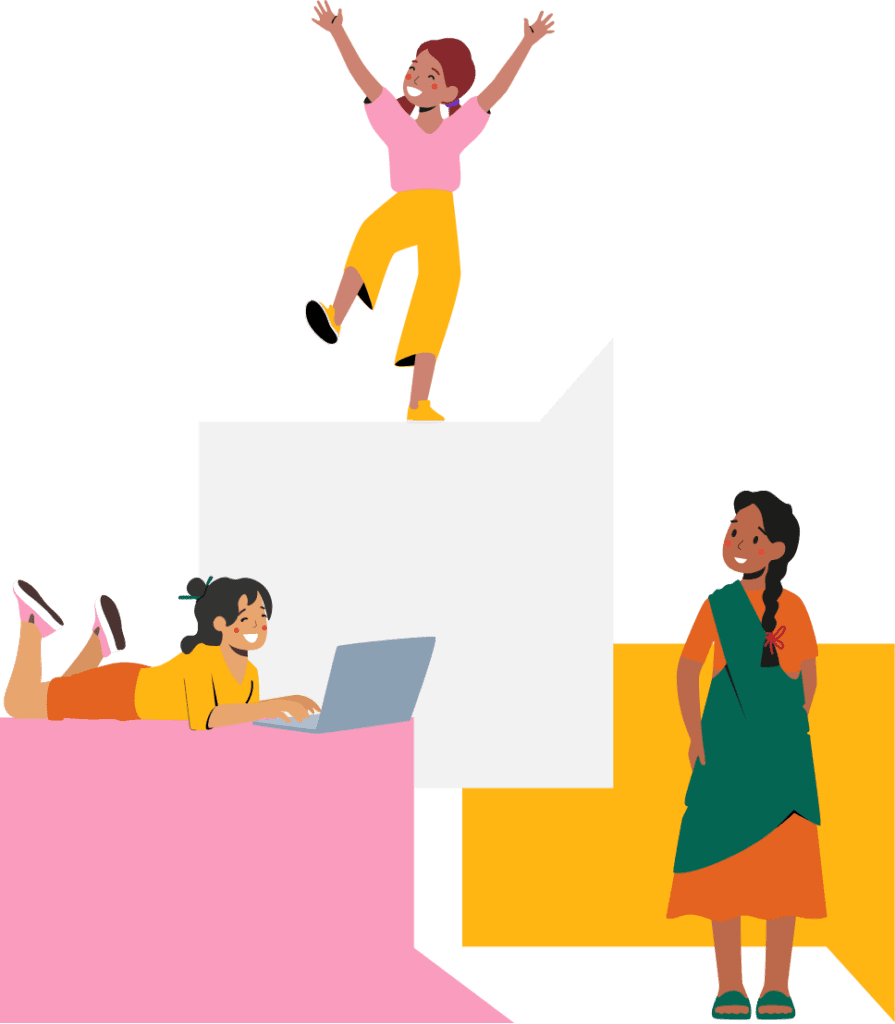









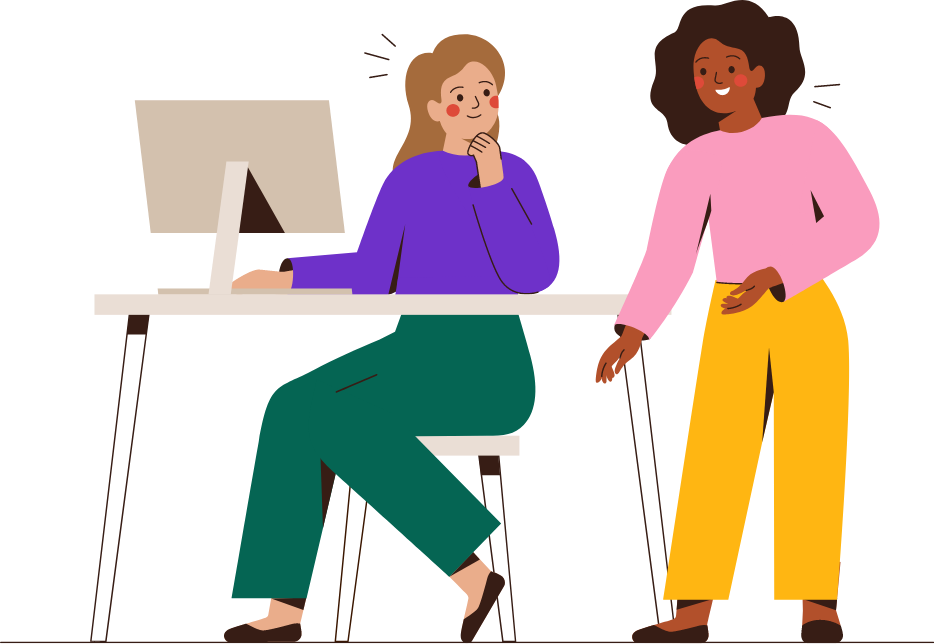
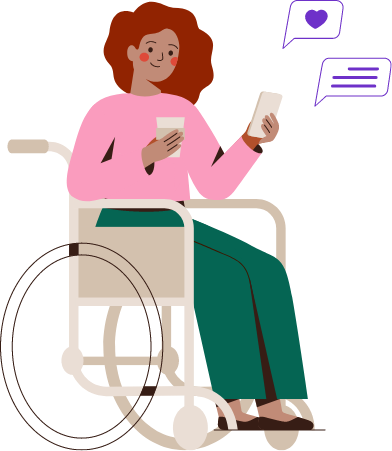
Share this report:
Click the ‘share’ links below to help us spread the word and raise awareness.
Ask your government. to adopt the report’s recommendations.
Don’t have the words? Here’s a letter template you can use.
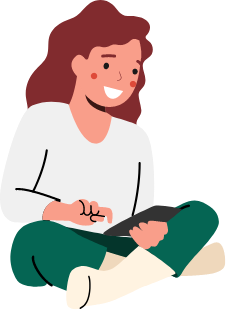
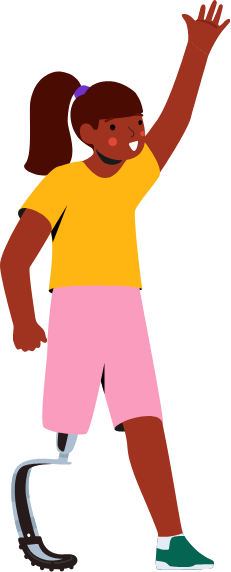
Find out how you can get involved with or donate to organisations
led by girls and young women that are making a difference.
Follow the Working Group on discrimination against women and girls on Facebook to keep up with news from the UN and for ways you can help the Working Group directly.
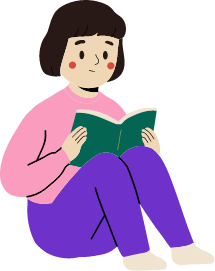
The UN Working Group on discrimination against women and girls would like to thank all the young women and girls who contributed to this report and who helped us improve our working methods so that we might better engage with you. We will continue to build on what we have learned from you and work to create structural change across the UN system to ensure the meaningful engagement of young women and girls in UN human rights mechanisms. Thank you.
